
House of Reps Speaker, Abbas Tajudeen.
The Speaker of the House of Representatives, Rt. Hon. Abbas Tajudeen, has addressed the growing concerns and discussions surrounding the “Counter Subversion Bill, 2024 (HB. 1652),” which he sponsored.
This comes in response to various reports circulating in the media regarding the purpose and implications of the proposed legislation.
The Speaker in a statement by his media aide, Musa Krishi, on Wednesday, expressed his appreciation for the interest Nigerians have shown in the Bill, acknowledging that it touches on critical aspects of national security.
However, he emphasised the need to clarify several points to ensure that the public has an accurate understanding of the Bill’s intent and legislative process.
The statement noted that the Counter Subversion Bill was introduced in the House of Representatives on July 23, 2024.
The statement read, “It is currently at the introductory stage and has not yet been subjected to detailed legislative scrutiny.
“The Bill aims to strengthen Nigeria’s anti-terrorism framework by addressing subversive activities carried out by various groups, including associations, organizations, militias, cults, bandits, and other proscribed entities.
“This is in line with similar legislation in countries like the United Kingdom, Spain, India, Turkey, Canada, and Australia.”
The Speaker, reaffirming the House of Representatives as the “People’s House,” welcomed robust public engagement and discussions on the contents of the Bill.
He stressed that concerns and suggestions from Nigerians are crucial in shaping the final outcome of the legislation.
The statement further added, “The bill must undergo a series of rigorous parliamentary procedures. It will be listed for a Second Reading, where its merits and demerits will be thoroughly debated by the Members of the House.
“During this stage, the bill could either be rejected or allowed to proceed to the next stage.
“If the bill passes the Second Reading, it will be referred to the relevant House Committee, which will be responsible for further legislative action.
“The committee is mandated to invite the Nigerian public, particularly relevant stakeholders, to a public hearing.
“Citizens will have the opportunity to express their views either in person or through written submissions, which will inform the committee’s report to the House.”
He added, “After the committee’s report is considered, the Bill will proceed to the Third Reading.
“If passed, it will be sent to the Senate for concurrence. Should the Senate approve the Bill, it will then be forwarded to the President for assent.
“The President holds the right to either sign the Bill into law or withhold his assent.”
Abbas further assured Nigerians that the bill is designed with the “broader interests of national security in mind and does not target any specific group or section of the country.”
He emphasized that the legislative process is transparent and inclusive, allowing ample opportunity for public participation and input.
The speaker concluded by reaffirming his commitment to ensuring that, “all draft legislation before the House, including the Counter Subversion Bill, will undergo thorough scrutiny and that the voices of Nigerians will play a crucial role in determining the outcome.”

 3 months ago
6
3 months ago
6

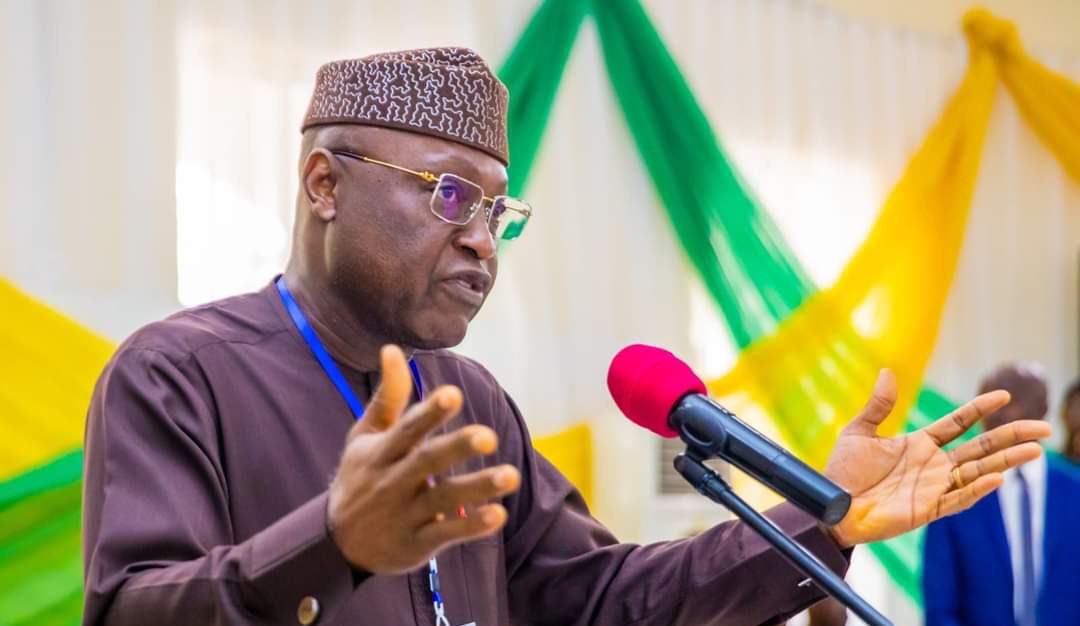


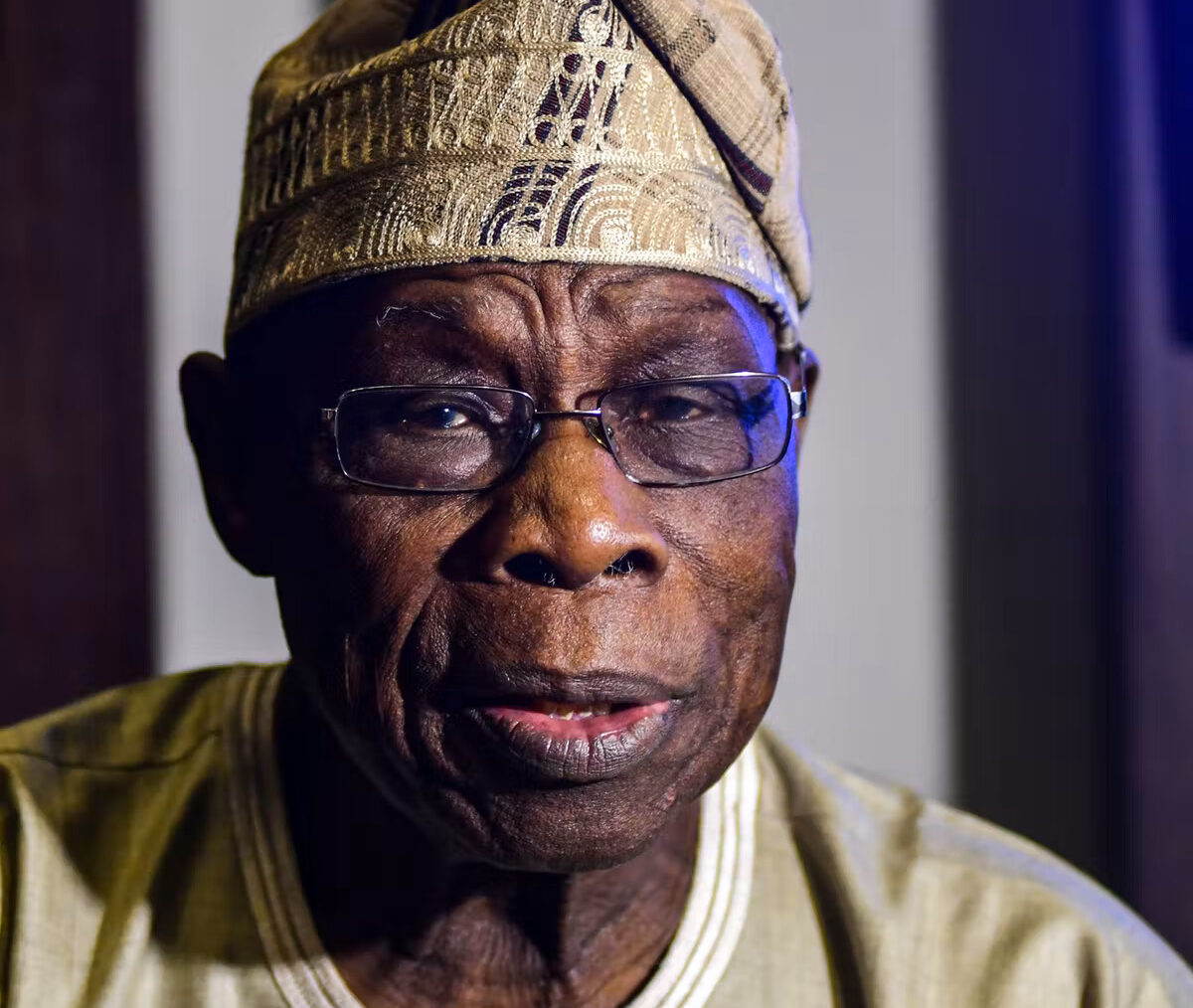
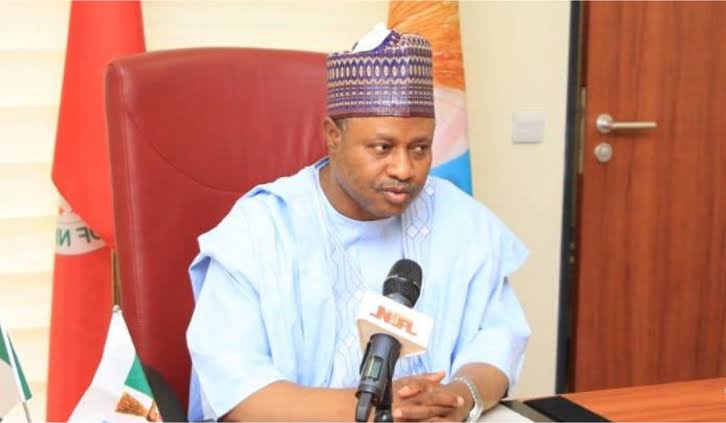




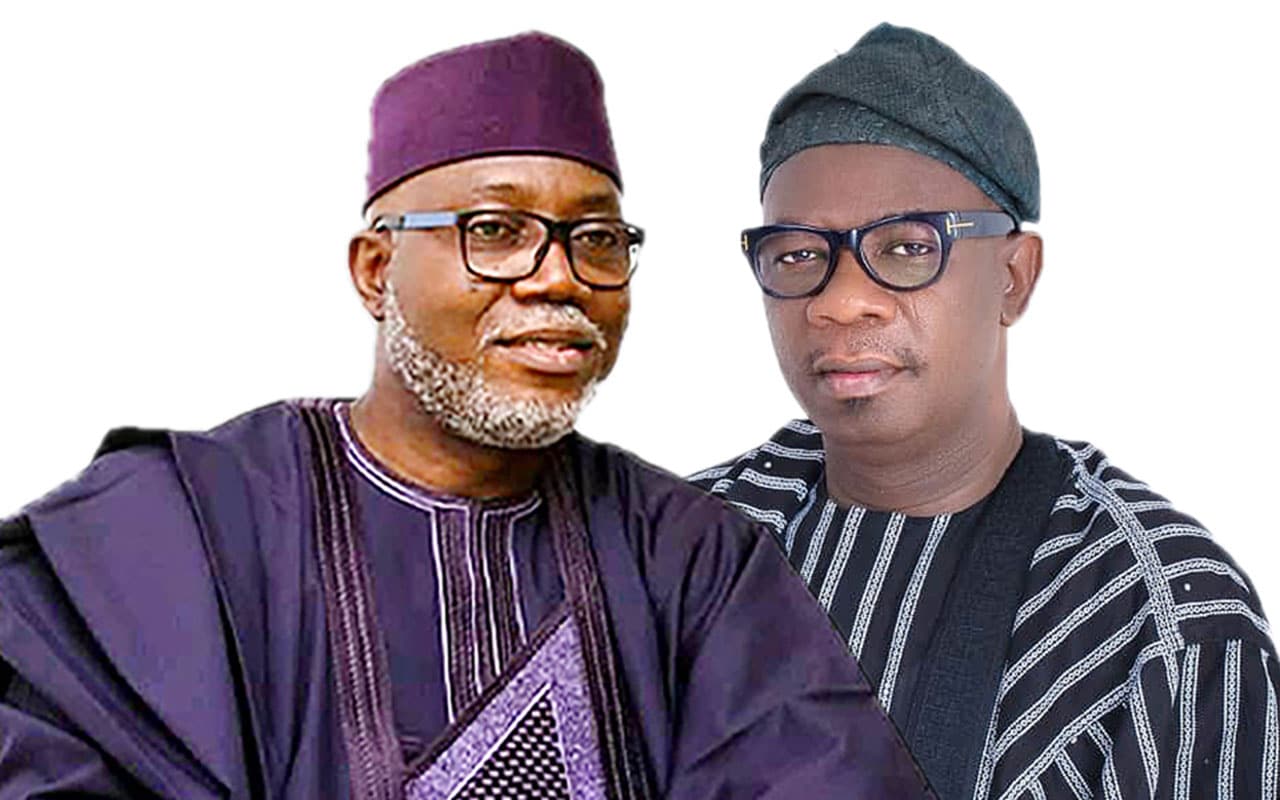
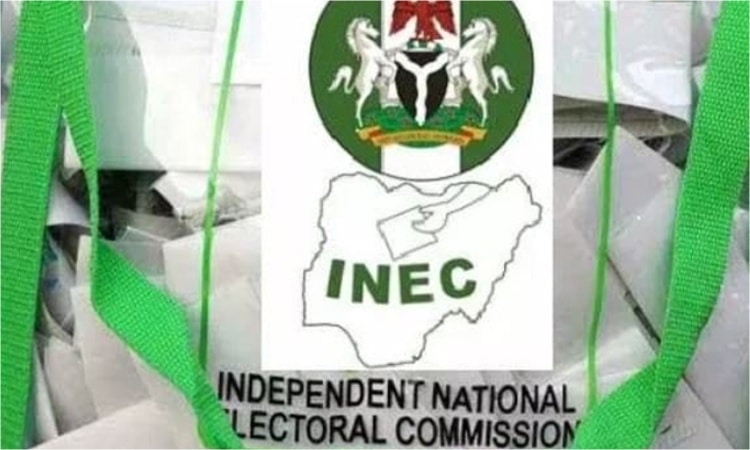



 English (US) ·
English (US) ·